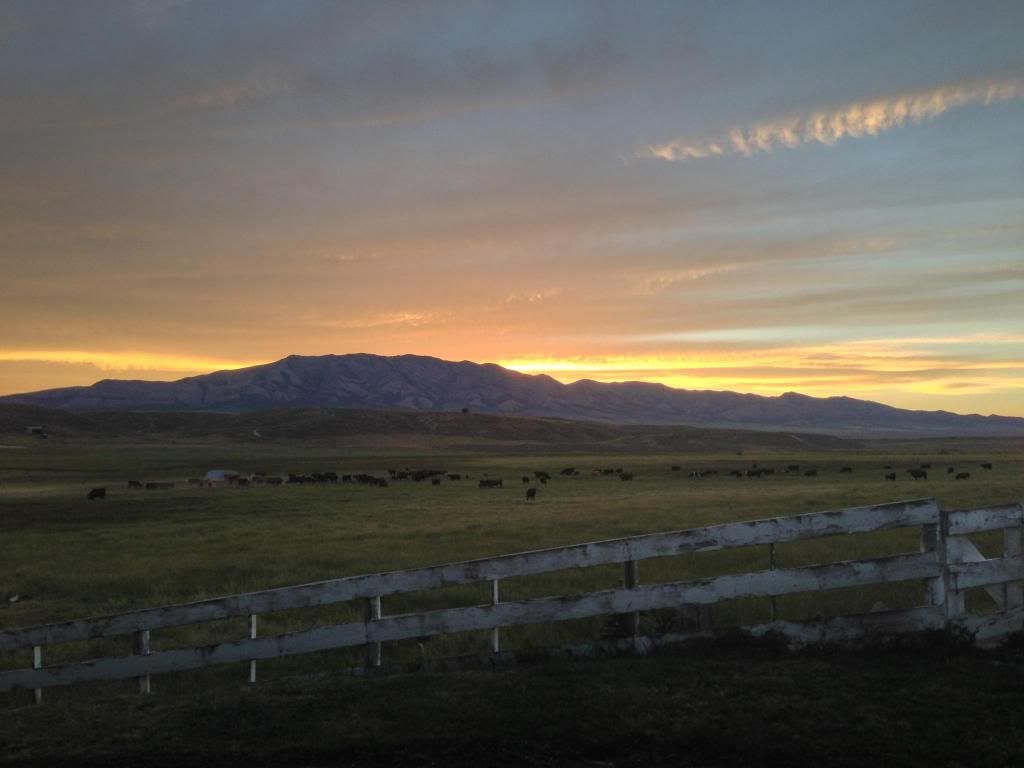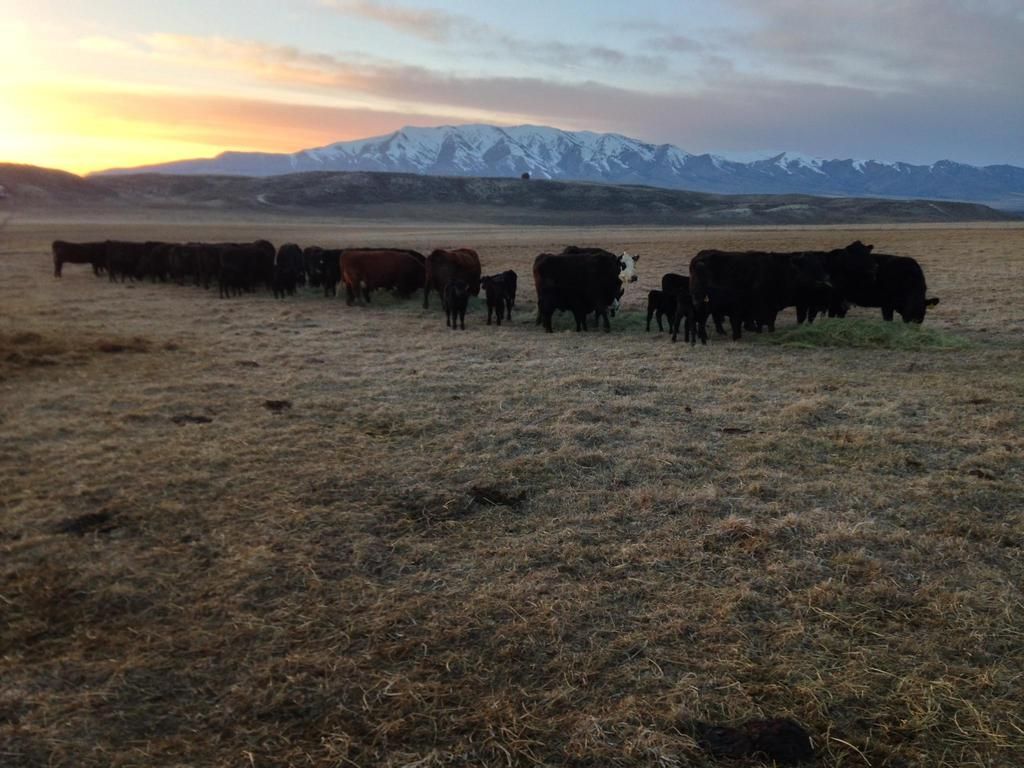Page 1 2
Go  | New  | Find  | Notify  | Tools  | Reply  |  |
| Member |
Being the boring amateur economist in the crowd, that deal leaves me with questions (and more loathing of bad reporting in the article). Although obviously good for US ranchers...
China has a horrible track record for product safety, and I'd be far less likely to buy their product than American produced poultry. ----------------------------- Guns are awesome because they shoot solid lead freedom. Every man should have several guns. And several dogs, because a man with a cat is a woman. Kurt Schlichter | |||
|
| Member |
I will never knowingly buy any food products made in china. When I heard this on the news I thought that was really rich that china was holding our feet to the fire over contamination after they sent us contaminated baby formula and dog food. Regards, Kent j You can learn something from everyone you meet, If nothing else you can learn you don't want to be like them It's only racist to those who want it to be. It's a magazine, clips are for potato chips and hair | |||
|
| Political Cynic |
I have a costco membership - will have to check it out [B] Against ALL enemies, foreign and DOMESTIC | |||
|
Essayons |
To have held on through the winter would've moved the break even point considerably. Consider: It takes roughly 3 tons of hay to bring a pregnant cow through the winter, calving in February or March. It takes a little less for a short yearling steer, but not much less. Last November decent alfalfa/grass hay was going for $125/ton. So add $375 in direct fodder costs to the expense side of the equation (ignoring allocation of any additional share of other indirect and direct costs like property taxes for another six months use of the land, water costs, insurance costs, veterinary costs, and the cost of labor to feed all that hay for six months, also the cost of the tractor hours and fuel required) and you drive up the break even point on a 800 pound steer by another 47 cents; after wintering over the break even is about $2/pound. Just to keep the magnitude of the loss even, beef prices would have to have risen 47 cents/pound, to $1.55. They did not do so; if they had risen that high or higher then it would've been a bad decision to sell at $1.08 in November. But they rose to about $1.40 in the spring. So if I had held on I would've lost another 15 cents/pound. Better to sell at a 40 cent/lb loss than at a 92 cent/lb loss, isn't it? Thanks, Sap | |||
|
| Big Stack |
I've noticed beef prices have been up significantly. This might explain it. I had been seeing choice rib eyes on sale for as low as $4.99/lb not that long ago. Now I see nothing. Costco regular prices had been 5.99-7.99 for NY strip or rib eye. Now there 9.99. | |||
|
Only the strong survive |
So do you use open range or use a paddock for grazing and rotate to different paddocks every month? 41 | |||
|
Essayons |
Not sure "paddock" is the right term -- the word conjures up images of small horse pens -- to describe the pastures on which I graze my cattle. But you have the right concept. During late spring through late fall I rotate the herd across several large-ish fenced in areas. While they are grazing on one area, the others are under irrigation and recovering until it's their turn again. Here's a photo taken from my front yard showing the cattle at pasture:  Here is a photo of the cattle in the same field eating hay in the late spring:  Other fenced-in areas are used strictly for raising hay or forrage grain, which gets used to feed the cattle while wintering them over from late fall through spring. My dad, grandfather, and great-grandfather used open range, and we participated in a round-up each October. Granddad and dad owned "range rights" (great-grandfather didn't need them, as it wasn't regulated during his time), but those were sold in the 1990s, while I was off adventuring in the Army. So I have to make do with just the acreage I own. Thanks, Sap | |||
|
| Member |
I grew up in Am. Falls Id and two of my rancher buddies (actually more farmers than ranchers but they owned enough cattle that is was starting to be a drain) called me to let me know that they might start making some money on their cattle. This really is good news, raising cattle has not been profitable. | |||
|
Only the strong survive |
I use to get New Farm magazine put out by Rodale. They showed divided areas of pasture were more efficient and allowed the grass to recover better when the animals were rotated from one area to another. Looks like you are following that principle. The magazine is no longer published but here is an article on planting cold weather plants to extend the growing season. Around here, I have seen some farmers plant an area of winter rye and turnips. https://rodaleinstitute.org/gr...e-and-building-soil/ 41 | |||
|
| Powered by Social Strata | Page 1 2 |
| Please Wait. Your request is being processed... |
|
© SIGforum 2025